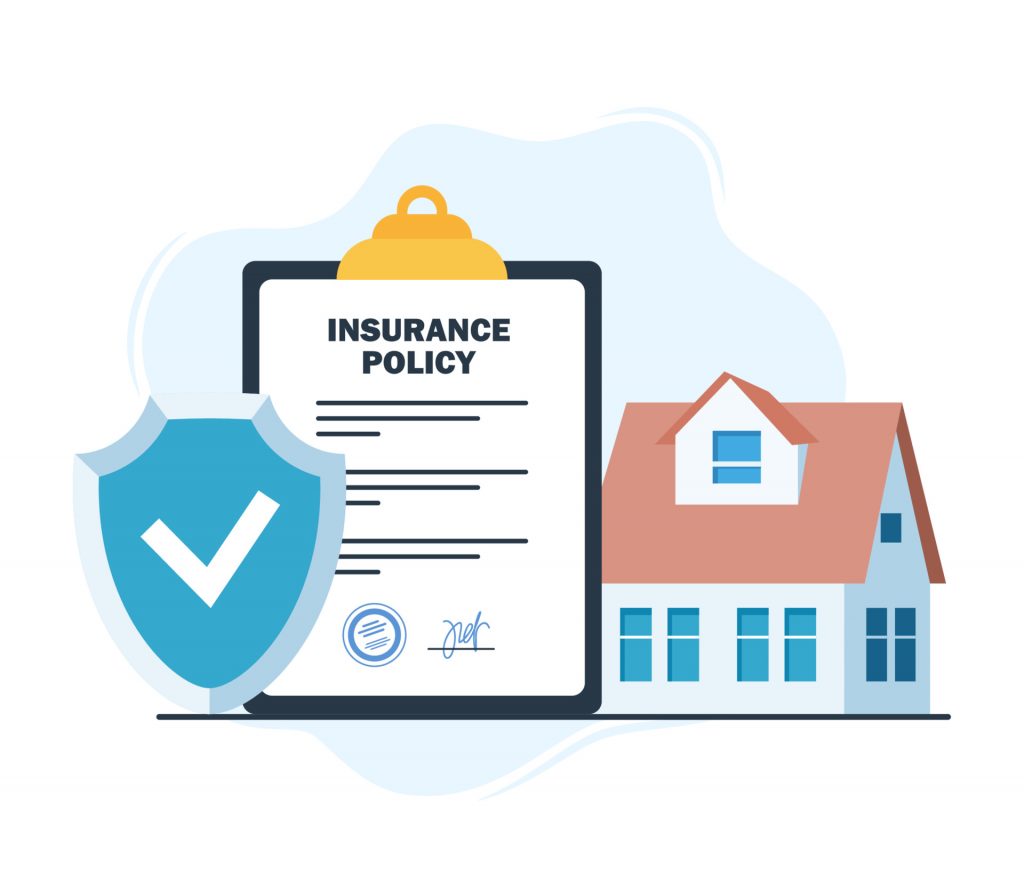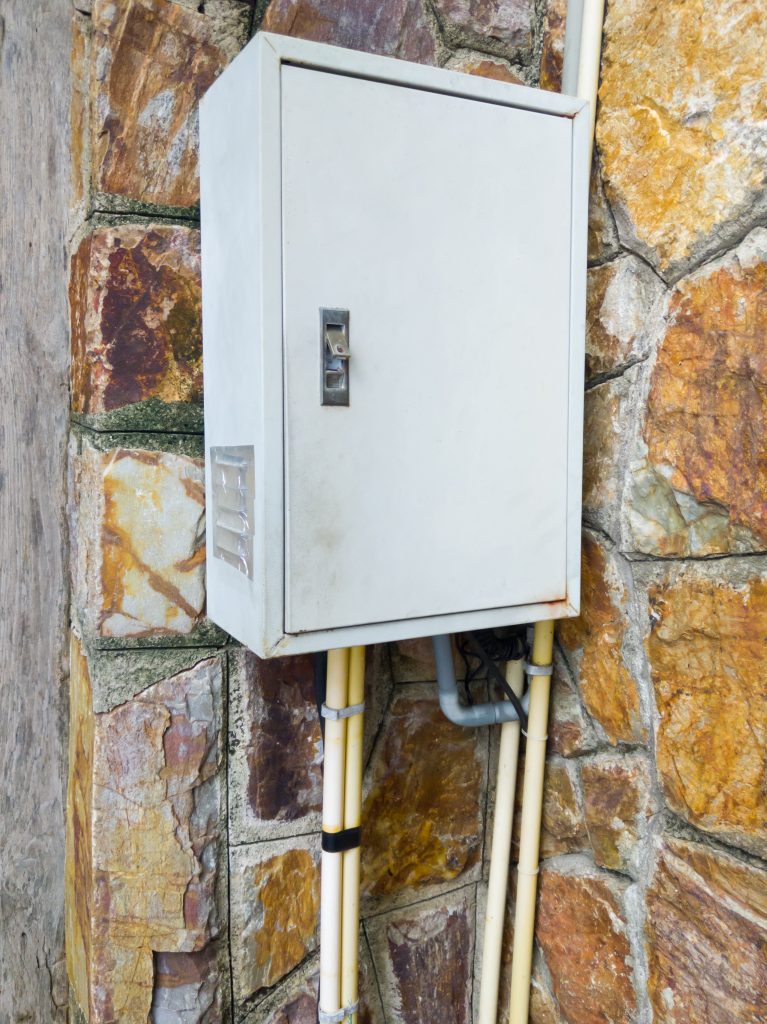Does Homeowners Insurance Cover Electrical Panel Replacement?

Homeowners insurance plays a vital role in protecting your property from unforeseen damages. When it comes to electrical panel replacement, many homeowners wonder whether their insurance policy will cover the cost. In this blog post, we will explore the circumstances in which homeowners insurance may or may not cover electrical panel replacement. We will also discuss the necessary steps to ensure this coverage is included in your insurance policy.
Understanding Homeowners Insurance Coverage

Homeowners insurance is designed to safeguard your property against specific perils outlined in your policy. These perils generally include fire, lightning, windstorms, theft, and vandalism, among others. However, it’s essential to review the terms and conditions of your policy carefully to determine the coverage limits and exclusions that apply to your situation. Typically, your homeowners insurance will list out the perils that are and are not covered by your policy, so you know exactly what is covered when something happens to your home.
Coverage for Electrical Panel Replacement
Electrical panels, also known as circuit breaker boxes or fuse boxes, are responsible for distributing electricity throughout your home. Of course, the electrical panel in your home is not invincible and is susceptible to breaking. Over time, these panels may become outdated, malfunction, or pose safety hazards. Homeowners insurance coverage for electrical panel replacement depends on the cause of the damage and the terms of your policy.
Covered Circumstances for Electrical Panel Replacement

Perils listed in your policy: If your electrical panel is damaged due to a covered peril such as a fire or a lightning strike, your homeowners insurance will likely cover the cost of replacing the panel. However, coverage may be subject to deductibles and policy limits. Some of the most common reasons that your homeowners insurance may or may not cover the replacement of your electrical panel include:
- Wear and tear or mechanical breakdown: Most homeowners insurance policies do not cover the cost of replacing an electrical panel due to normal wear and tear or mechanical breakdown. These are considered maintenance issues that are the homeowner’s responsibility, rather than an unforeseen expense.
- Accidental damage: In some cases, accidental damage to an electrical panel may be covered, depending on the specific circumstances and the terms of your policy. For example, if a tree falls on your house during a storm, causing damage to the panel, your insurance might cover the replacement. This is because you likely could not have prevented the tree from causing that damage. If fallen tree damage is something that is already covered in your policy, it is likely that it will be covered – no matter what the tree damages.
- Endorsements and riders: Some insurance companies offer additional coverage options, such as endorsements or riders, which can be added to your policy to cover specific items or perils. It’s worth exploring these options to ensure coverage for electrical panel replacement.
Ensuring Coverage for Electrical Panel Replacement
To make sure that electrical panel replacement is included in your homeowners insurance policy, consider the following steps:

- Review your policy: Thoroughly review your policy documents to understand the coverage limits, exclusions, and any endorsements or riders that may be relevant. Pay close attention to the section that pertains to electrical systems and repairs.
- Consult your insurance agent: Contact your insurance agent to discuss your specific needs and inquire about additional coverage options for electrical panel replacement. They can provide guidance on the best course of action based on your policy and circumstances.
- Document upgrades and maintenance: Keep detailed records of any electrical panel upgrades or maintenance performed on your property. This documentation can be useful when filing a claim and demonstrating that you have taken proper care of your electrical system.
- Consider an electrical inspection: Engaging a licensed electrician to inspect your electrical panel can help identify potential issues before they escalate. This proactive approach can reduce the risk of damage and improve your chances of insurance coverage. Additionally, having a professional inspection report can strengthen your case when filing a claim.
- Evaluate your coverage needs: If your current homeowners insurance policy does not provide coverage for electrical panel replacement or offers limited coverage, consider exploring other insurance options. Work with an experienced insurance provider like our team at Robinson and Stith Insurance in North Carolina, who can assist you in finding a policy that adequately protects your home and includes coverage for electrical panel replacement.
Contact Robinson and Stith Insurance
When it comes to homeowners insurance coverage for electrical panel replacement, it’s essential to understand the specific circumstances in which coverage applies. By carefully reviewing your policy, consulting with your insurance agent, documenting upgrades and maintenance, considering an electrical inspection, and evaluating your coverage needs, you can enhance the likelihood of receiving coverage when you need it most.
For comprehensive homeowners insurance coverage tailored to your needs in North Carolina, contact Robinson and Stith Insurance. Our team of experts can guide you through the process, ensuring you have the right coverage for electrical panel replacement and other crucial aspects of protecting your home.
